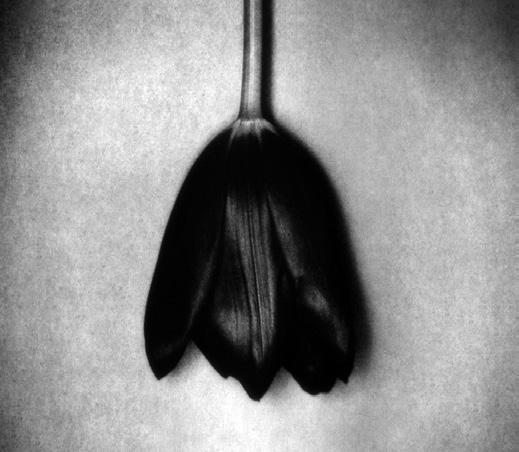Aegis 2011
88
Book Review >>> Christine Horvath
By Nightfall Michael Cunningham. New York: Farrar, Straus and Giroux, 2010. 238 pp.
Spinning Unknowable Fantasies Michael Cunningham’s sexy and scandalous latest work is, if nothing else, a quick read. He chronicles the life of forty-something Peter Harris who, after a lifetime of fulfillment finally realizes that he is not satisfied. Peter lives with his wife Rebecca in New York City. They work equally impressive jobs, an art gallery curator and editor of a magazine, respectively. Years before the story begins, their estranged daughter Bea moves to Boston to attend school. Peter and Rebecca are then empty-nesters, left to long-distance parenting… until Mizzy arrives. Their new houseguest is Rebecca’s brother Ethan. He is nicknamed “Mizzy,” short for “The Mistake.” What follows is a predictable tale about the hardships of housing a troubled youth, parental failure and mid-life crises. This novel’s main plot is driven by Peter Harris’s obsession with beauty. As a curator, he is exposed to various and sundry works of art on a daily basis; his job is to decide what is beautiful enough to be in his gallery. Through Peter, Cunningham echoes a popular belief of our time that real art is either commoditized or non-existent. Subsequently, Peter’s preoccupation with finding real beauty creates his greatest conflicts. As the reader navigates Cunningham’s prose, he/she will begin to realize the extent of Peter’s distorted conception of art. All good art should represent life, but the only art that Peter finds beautiful throughout the text can only occur organically in nature. For example, one of his clients describes a newly laid egg: “[it was] an impossibly, heartbreakingly pale blue-green, specked with scraps of feather, smeared along its obverse end with a skid-mark of red-brown blood. And Peter had said, … I’d love to find an artist who could do something like this” (71). Exemplified here is Peter’s unrealistic expectation of art that humans are capable of creating. One gets the sense that if an artist did create something similar to the newly-laid egg that Peter would not be satisfied with the synthetic creation. Therefore, it is not beauty that Peter yearns for in art, it is life. Because life cannot possibly be frozen into a piece of artwork, reality will forever fall short of Peter’s expectations. His inability to be satisfied with the subject of his life’s work causes Peter to exaggerate, even obsess over the beauty that he finds in living things, especially youthful things. As the narrative progresses, Peter becomes infatuated with the idea of his wife’s bygone youth. Youth becomes a major theme in the work, as Peter describes it as “the only sexy tragedy” (120). Matthew, Peter’s older brother, died at a young age. Throughout the reader’s glimpse of Peter’s life, he struggles to overcome the grief of his brother dying but instead worships his unsalvageable youth.




